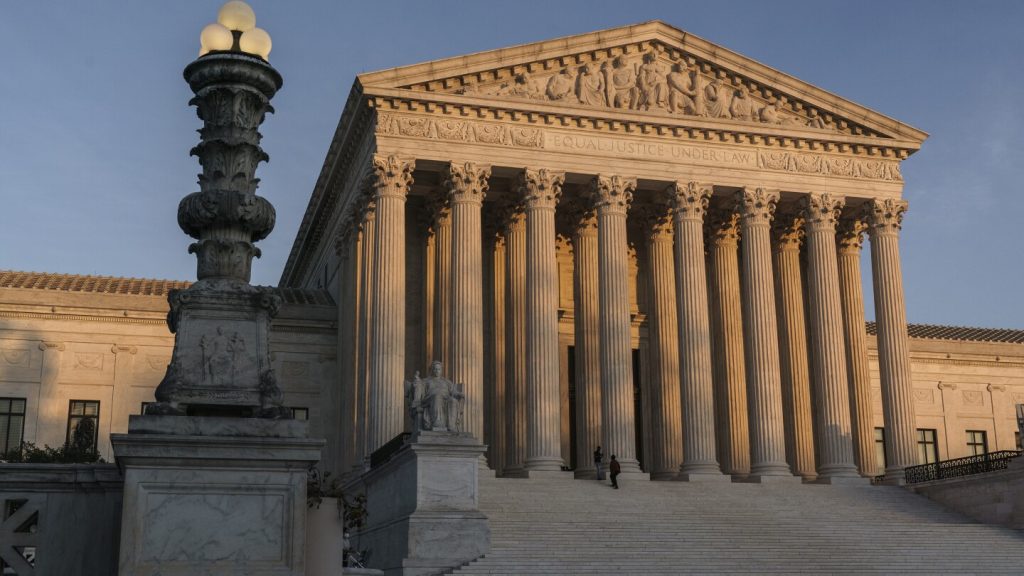The Supreme Court recently upheld a decision to keep new regulations regarding sex discrimination in education on hold in roughly half the country. The regulations, which were put forward by the Biden administration, focus on protections for pregnant students, students who are parents, and procedures for schools to address sexual misconduct complaints. While protections for transgender students were not included in the administration’s plea to the court, they remain blocked in 25 states and countless colleges and schools due to lower court orders. The rules, which went into effect on August 1 in some parts of the country, are set to continue in those areas.
The issue of transgender rights has been a significant point of contention in recent years, particularly in Republican-controlled states, where legislation has been passed to restrict gender-affirming health care for transgender minors and limit their access to certain school facilities and sports competitions. In an effort to protect LGBTQ+ students under Title IX, the Biden administration introduced a new regulation that prohibits discrimination against transgender students, including restrictions on bathroom access. However, the rule does not address sports participation, which remains a divisive topic. Enforcement of Title IX in these cases has been complicated by ongoing litigation, with federal courts ruling against its enforcement in many Republican-led states.
The Supreme Court majority, in a 5-4 decision, chose not to question the lower court rulings that have blocked the new regulations on sex discrimination in education. Justice Sonia Sotomayor dissented, arguing that the lower court orders were overly broad and prevent the government from enforcing certain provisions of the rule that are unrelated to the specific issues at hand. The regulations have been in development for two years and received an unprecedented 240,000 responses during the public comment period, demonstrating the high level of interest and controversy surrounding the issue.
The Biden administration’s efforts to protect LGBTQ+ students under Title IX come at a time when the rights of transgender individuals, especially young people, have become a focal point in the political arena. The ruling by the Supreme Court to keep the regulations on hold in many parts of the country reflects the ongoing debate and legal challenges surrounding transgender rights in education. As the cases continue in lower courts, the outcomes will have significant implications for the rights and protections afforded to transgender students in the future. The decision highlights the complex and contentious nature of the issue, with different perspectives and interpretations shaping the legal landscape of sex discrimination in education.


